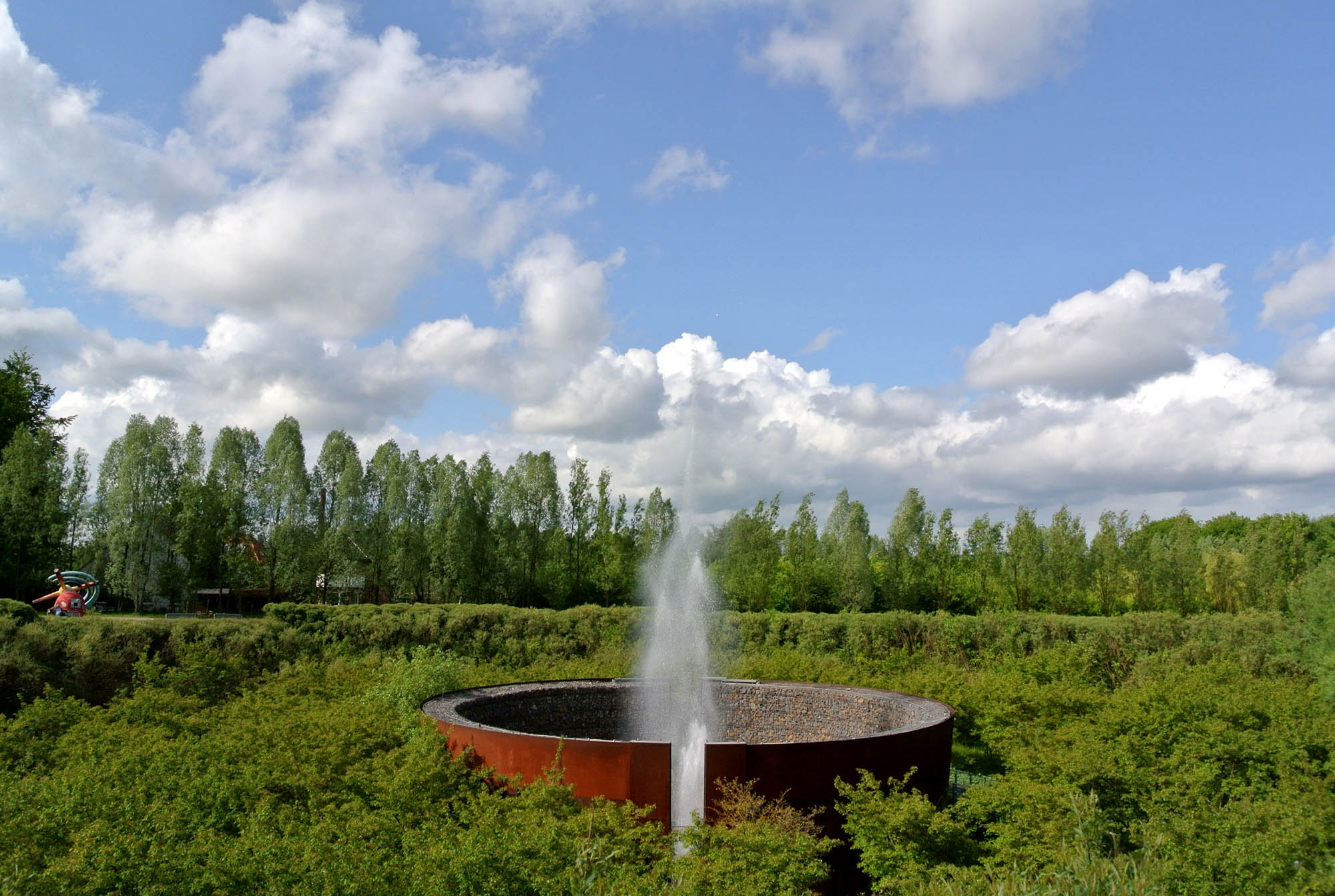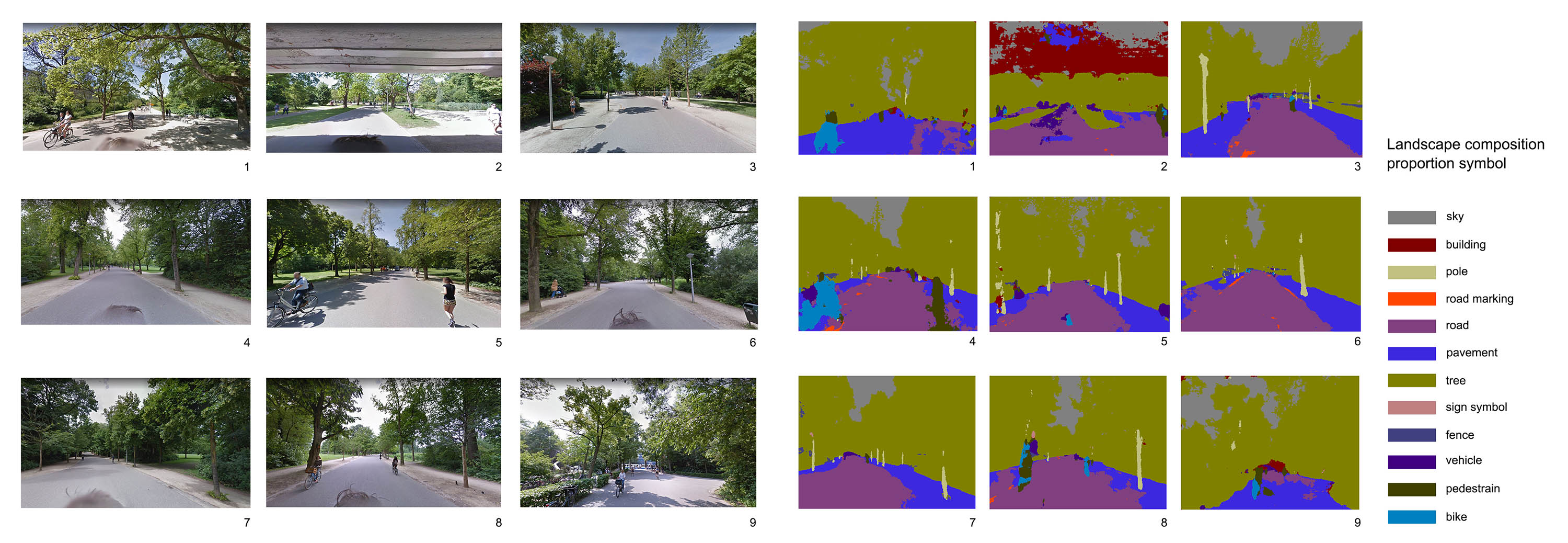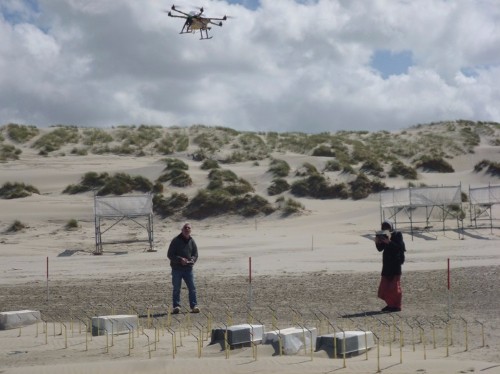An Alternative Approach for Urban Development in Low-Resource Settings
New Towns in development across the African continent since 1990 are overwhelmingly designed and built according to urban planning models from the twentieth century. Although these typologies range from functionalist Chinese grids to American gated communities, the results are—with notable exceptions—New Towns with rigid physical infrastructure and strict building regulations, that do not support spatial manifestations of the ‘informal’ sector such as kiosks, spatial appropriation or mass transport. As a result, these New Towns become insular enclaves and informal settlements develop adjacently to them, without access to the services and amenities offered within the New Town. Coupled with the implicit vulnerabilities of emerging and threshold economies, the rigidity of the imported urban models and lack of consideration for climate change threats, exacerbate spatial segregation and respond ineffectively to surrounding natural landscapes. Building on the arguments that equal access to resources is a key component of sustainable development, and that urban planning benefits from new linkages between critical social theory and environmental science, this research proposes that applying adaptive urban planning principles to New Towns in the African context can increase ecological sustainability and social inclusivity. The objective of this research is therefore to address the spatial challenges of African New Towns by developing an alternative planning and design approach that acknowledges both social and environmental dimensions, as well as the constant state of change that all cities exhibit. To do so, this research develops and applies a set of landscape-based adaptive spatial planning principles that address the different capacities, requirements and resources of both planning institutions and residents.
PhD-research
PhD-candidate: Ir Rachel Keeton
Supervision: Prof Han Meyer, Prof Wouter Vanstiphout, Dr Steffen Nijhuis
Period: May 2016 – November 2020
Funding: TU Delft Global Initiative & International New Town Institute




